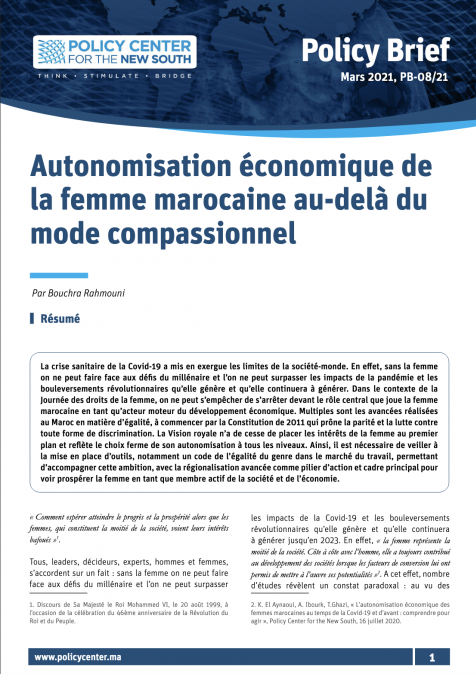Chair: Arend Kapteyn, Global Chief Economist, UBS
Speakers:
Robert Holzman, Governor, Central Bank of Austria
Huw Pill, Chief Economist, Bank of England
Chiara Scotti, Senior Vice-President, Federal Reserve Bank of Dallas
Axel Weber, President, Center for Financial Studies







